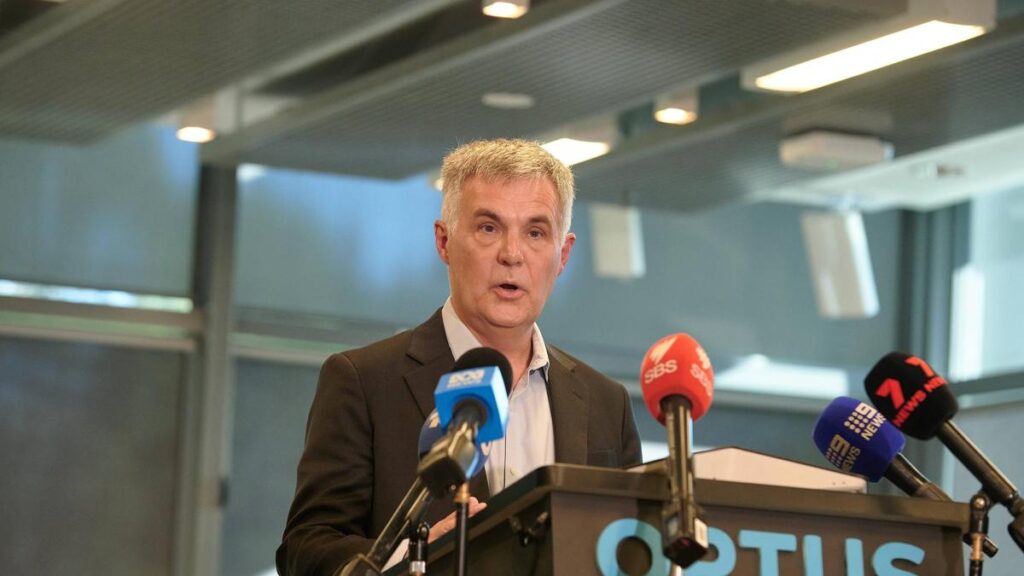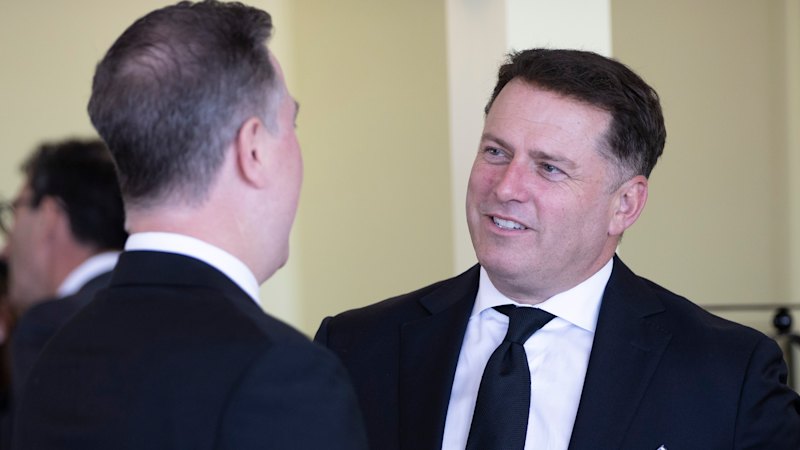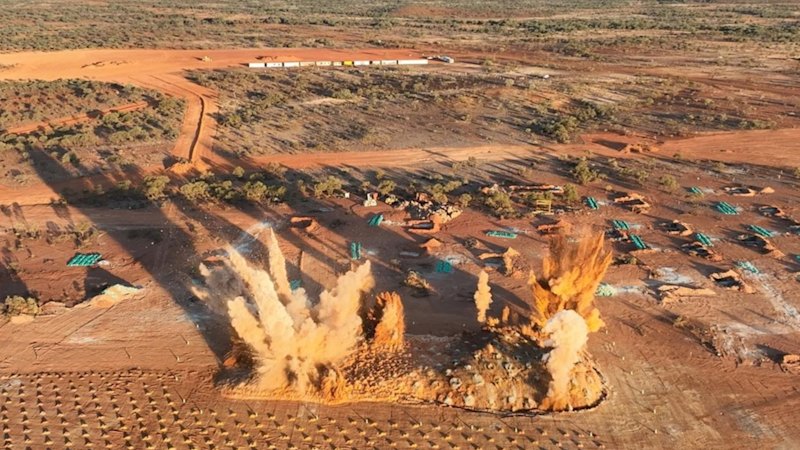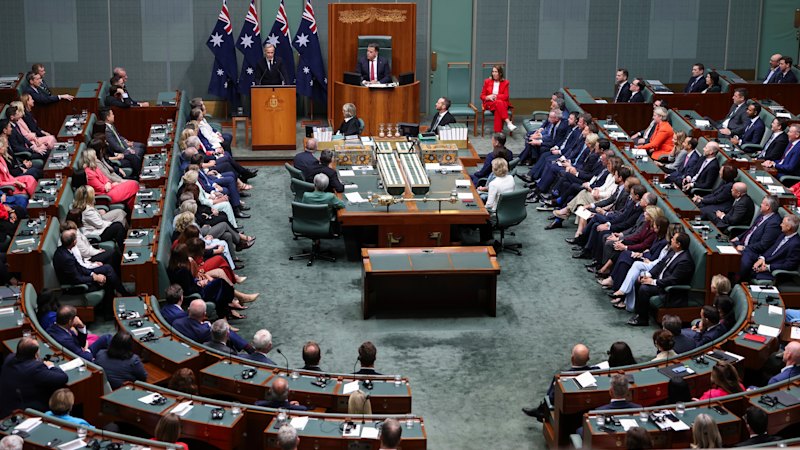
The recent failure of Optus’ Triple-0 emergency service has resulted in the tragic deaths of at least three individuals in Australia. The outage, which occurred on September 28, 2023, affected users in South Australia, the Northern Territory, and Western Australia. This incident has prompted urgent calls for accountability, particularly directed at Optus CEO Stephen Rue, who has publicly stated his commitment to ensuring a safe and reliable telecommunications network.
Just two days prior to the crisis, Rue addressed investors, asserting that he took personal responsibility for the operational integrity of Optus. “The responsibility for security and security culture has to start, in my case with me,” he remarked during a conference. Following the devastating service failure, Rue now faces mounting pressure to explain how a routine security update could lead to such a catastrophic outcome.
The incident began when users reported difficulties reaching Triple-0. Initial responses from Optus staff indicated no issues with the system, attributing the complaints to customer error rather than a fault on their end. This dismissal of user concerns is a classic example of confirmation bias, where individuals favor information that confirms their preconceptions.
The situation escalated when the South Australian police contacted Optus at 13:50 on the day of the failure, informing them of the disruption. It was only after this intervention that the company acknowledged the gravity of the issue. Rue had previously boasted about emergency protocols that were supposed to be rehearsed with his chief security officer. However, the company’s response to the crisis appears to have been inadequate.
Optus is legally required to notify the Australian government and regulatory bodies about significant service failures. Yet, according to Nerida O’Loughlin, chair of the Australian Communications and Media Authority, the government was informed of the problem “more than 10 hours” after it was resolved. Anika Wells, Communications Minister, reported that Optus informed her of ten failed Triple-0 calls on Thursday afternoon, a number that swelled to 624 by Friday morning. Tragically, it was then confirmed that three individuals had died due to the inability to access emergency services.
Wells expressed her outrage, stating, “People have a right to be livid about what happened here. Optus has perpetuated an enormous failure upon Australians.” Mr. Rue communicated the news of the deaths to the government shortly before a press conference on Friday, raising concerns that Optus was attempting to minimize negative media exposure.
In the days following the incident, the company’s narrative shifted. Initially attributing the failure to a “technical fault,” Optus later stated that investigations indicated established processes were not followed, suggesting human error was a factor. This raises significant questions about the company’s management and operational protocols, especially when considering its financial performance.
In the last financial year, Optus reported a remarkable 55 percent increase in profits, reaching AUD 446 million. This surge has bolstered the market value of its parent company, Singtel, to AUD 85 billion. Critics are now questioning whether the parent company’s drive for profitability has compromised investments in critical infrastructure, thus jeopardizing user safety.
This is not the first time Optus has faced scrutiny for service failures. In 2023, the entire network went down during maintenance, resulting in a AUD 12 million fine. At that time, no lives were lost, but the incident should have served as a catalyst for improvement. With Rue and his board now under the spotlight, there are growing calls for accountability not only for the CEO but for the board as well.
New chairman John Arthur and other directors must address whether their governance structures can effectively protect customer safety. As investigations proceed, it may be necessary for the families of the victims to have a say in who should be held accountable for this tragedy.
The impact of this failure goes beyond corporate accountability; it touches the lives of those who rely on emergency services. As the inquiry unfolds, the focus remains on ensuring that such a catastrophic lapse does not occur again.







